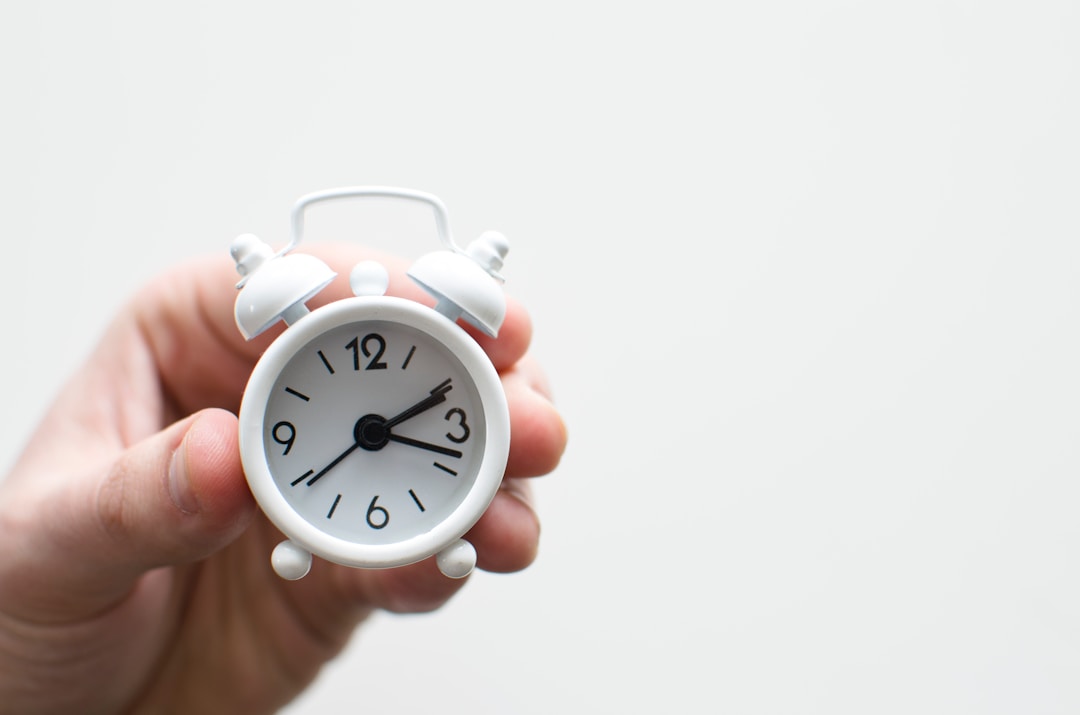Mental health is an increasingly popular topic in the United States and the world. This is due to the fact that many more people are suffering from mental health issues and challenges. These challenges can emerge from overwhelming situations like a traumatic event, work-related stress, and other social pressures. Some people develop conditions such as ADHD, bipolar disorder, depression, and anxiety.
Luckily for us, the world is filled with many options for coping with such stresses. Some coping skills can include exercising, eating well, meditating, pursuing cognitive behavioral therapy or CBT, and practicing mindful hobbies. While all of these options are effective when treating different kinds of mental health disorders, it has been proven that hobbies can help us cope with daily life stressors and anxieties, among other, more serious medical conditions.
So how do hobbies benefit our mental health? Let’s dive right into it.
Hobbies help you structure your time.

One of the ways in which hobbies help our mental health is by structuring our time and therefore our lives. When we have hobbies, we tend to set a specific time frame to complete them. For instance, we may want to go surfing in the morning before heading out to work, we could prefer gaming at night prior to sleeping, or we could choose to exercise for an hour after we clock out of work. We can create dedicated blocks of time in which we will do nothing but that specific hobby.
They help you cope with stress.
Moreover, a good hobby will help you cope with stress. You can develop stress from work-related situations, family issues, or personal mountains that you can’t seem to manage to get around. It’s important to understand that while our hobbies can help us cope with our issues, they should never become a replacement for actual mental health counseling that can be provided by mental health professionals like therapists at the Berkshire Therapy Group.
The Berkshire Therapy Group can help you climb your mountain and learn valuable lessons from it, too, through therapy sessions tailored to your needs. They offer personalized therapy and data-driven treatments to provide patients with continuous counseling and dedicated psychotherapy. They can help people suffering from stress, self-esteem issues, and anxiety disorders as well as depression, emotional distress, and career-related struggles.
They can help you create connections.

Moreover, having a hobby can help you create meaningful connections with others interested in the same type of activity as you. For instance, you can attend a cooking or art class and make new friends with other students. Likewise, you can join groups on online social media platforms or use one of the best recipe sharing apps, Bublup, to discover other chefs and healthy recipes related to your cooking hobby. Bublup is not only a good app for sharing delicious recipes, but it can also be used to discover content from other hobbyists that enjoy your favorite pastime and can even serve as emotional support in your times of need.
They help promote mindfulness.
Additionally, hobbies can help promote mindfulness and wellness within ourselves. This is because when we participate in any hobby we truly enjoy, we get so intensely focused and often generate ideas that would not have been made possible if it weren’t for your hobby. There are even certain hobbies that are centered on mindfulness, such as yoga, journaling, pilates, gardening, painting, and baking. Mindfulness creates humility, and humility creates more room for satisfaction in life. Life satisfaction can lead to positive changes, and so on.
The list of benefits that hobbies can provide us with can go on infinitely, however, these chosen few will be enough to make you consider getting a new favorite pastime to relieve all of that bottled up stress.



